Life is about being grateful for the love we receive, despite our earthly sin.
Dear Community,
First, I want to thank everyone at HoSQ for your encouragement and journalistic support. I am truly grateful and appreciative of you all.
I come to you with greetings and humble salutations in this season of Thanksgiving. Prayerfully, all is well with you and yours as we reflect on the blessings we share, no matter the distance between us. Amen.
Let me ask you: when you hear or think of Thanksgiving, what images come to mind? For some, it could be memories of family gathered around a table laden with grandma or mom’s traditional dishes. Or children and grandchildren running around, meeting new cousins, or simply entertaining those who haven’t been seen in a while — perhaps not since last Thanksgiving.
Then there are those of us who, sadly, reside within a state correctional institution, where Thanksgiving often feels like just another day, blending into the many before and the unknown future ahead. Yet, for some, this time of year becomes a season of reflection on decades past. It’s a moment to remember those joyful visions of family gatherings, but now, with a sense of longing for that “special meal”: sliced turkey, bread stuffing, cranberry sauce, dinner rolls, gravy, peas, and of course, a sliver of apple or pumpkin pie with a dollop of whipped cream.
As a child, Thanksgiving seemed to have a different meaning — it felt like an isolated time. There was so much going on around us: preparations for the holiday, where to buy a turkey, who was making the pies, and where family members would sleep when they came in from out of town.
I remember grandma stuffing the oven with hand-rolled rolls she made from scratch. I watched her roll out the dough on a flour-covered wooden board, cut little circles, stretch and fold them before placing them effortlessly on the Pam® coated metal pan. She’d then dip a brush in melted butter and lovingly paint each roll before placing the pan in the preheated oven. Even now, I smile remembering being old enough to take on the responsibility of turning the oven on.
Grandma is gone now. I’ve been away for 2½ decades, but Thanksgiving still brings to mind memories of happier times. No longer that half-innocent child, I’ve had holidays with my own family since then. Reflections of this season now mean a bit more — a season of gratitude.
In today’s world, some may ask, “How can anyone be grateful in prison?” A common reply is, “You woke up this morning, didn’t you?” However, there are days or nights when I, like so many others both inside and outside of prison, find it difficult to feel grateful. A recent denial for commutation, the loss of a particular job, and other life events can take a toll mentally and emotionally, especially as I get older.
Remember the question I asked earlier about the images that come to mind when you think of Thanksgiving? For me, two prominent images stand out: the Pilgrim colonists and the Native Wampanoag peoples at Plymouth, and Christ at the Last Supper. The first image gives us a centuries-old holiday tradition, an expression of gratitude to God for harvest and health, though also shrouded in controversy regarding the treatment of Native peoples and their land. The second image — the “Last Supper” — is a table of food, with disciples gathered around, signifying fellowship. I realize that any novice or Bible scholar would say that the “Last Supper” is far more than a meal. Perhaps it is even more about the meaning behind the meal itself. In Luke 14:12-14 (KJV), Jesus teaches about inviting the poor, the maimed, the lame, and the blind to a feast, for they cannot repay you, but you will be blessed.
In our lifetime, we know that this verse is not about refusing hospitality to others — even those in better positions than we are. After all, Jesus fellowshipped with such people. Rather, it’s a humble reminder that as followers of Christ, we are called to do good to both the lovable and unlovable. This is how we spread the Word of God. Jesus was known as a “Friend of sinners.”
Historically, after the 1621 feast where the Native peoples helped the Pilgrims survive the winter, death followed in the land. Similarly, at the “Last Supper,” Christ foretold of betrayal, denial, and His death, which was necessary for the remission of sins.
As I sit down to write this, I wonder how we can connect the “Last Supper” and the 1621 Thanksgiving together. How can we find joy, gratitude, and thanksgiving in the face of death? This past year alone, we have witnessed many deaths — of loved ones, iconic stars, and public figures from sports, music, and television. We come to accept that death must occur for life to emerge — a rebirth, a transformation. This is how I sit in prison with a life sentence behind a death, transformed into something good.
Are we not commissioned to die to self daily in order to grow into the person Christ has called us to be? Growing and maturing by His grace and mercy, for His glory. As Matthew 26:26-28 (KJV) says, “And as they were eating, Jesus took bread, and blessed it, and broke it, and gave it to the disciples, and said, Take, eat; this is my body. And He took the cup, and gave thanks, and gave it to them, saying, Drink ye all of it; for this is my blood of the new testament, which is shed for many for the remission of sins.”
Thanksgiving is often imagined as a time of abundance — food, fellowship, and preparations for the next holiday. Yet, we can lose sight of the true meaning. Life is about being grateful for the love we receive, despite our earthly sin. This life within us was given by God through His sacrifice on the Cross.
In Romans 8:16-18 (KJV), it is written, “The Spirit itself beareth witness with our spirit, that we are the children of God: And if children, then heirs; heirs of God, and joint-heirs with Christ; if so be that we suffer with Him, that we may be also glorified together. For I reckon that the sufferings of this present time are not worthy to be compared with the glory which shall be revealed in us.”
We have all fought through difficult times, struggled, and battled to get here. A seed was planted, and we are now the harvest. We give glory to God for the increase in our lives. Christ sacrificed His body and blood so that we may become whole. This is enough reason for me to be thankful, grateful, and appreciative. How about you?
Thank you for your love and prayers over these 26 years; as I continue to give you mine. In Jesus’ name, Amen.
Jeffery


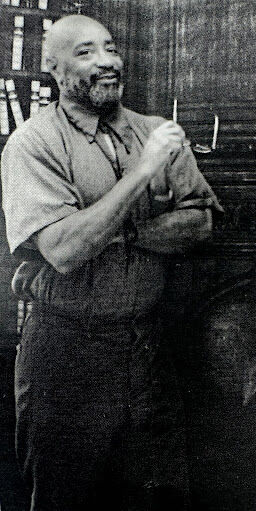
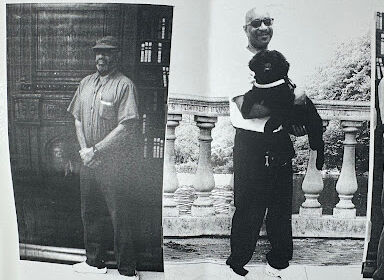
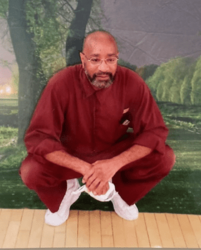
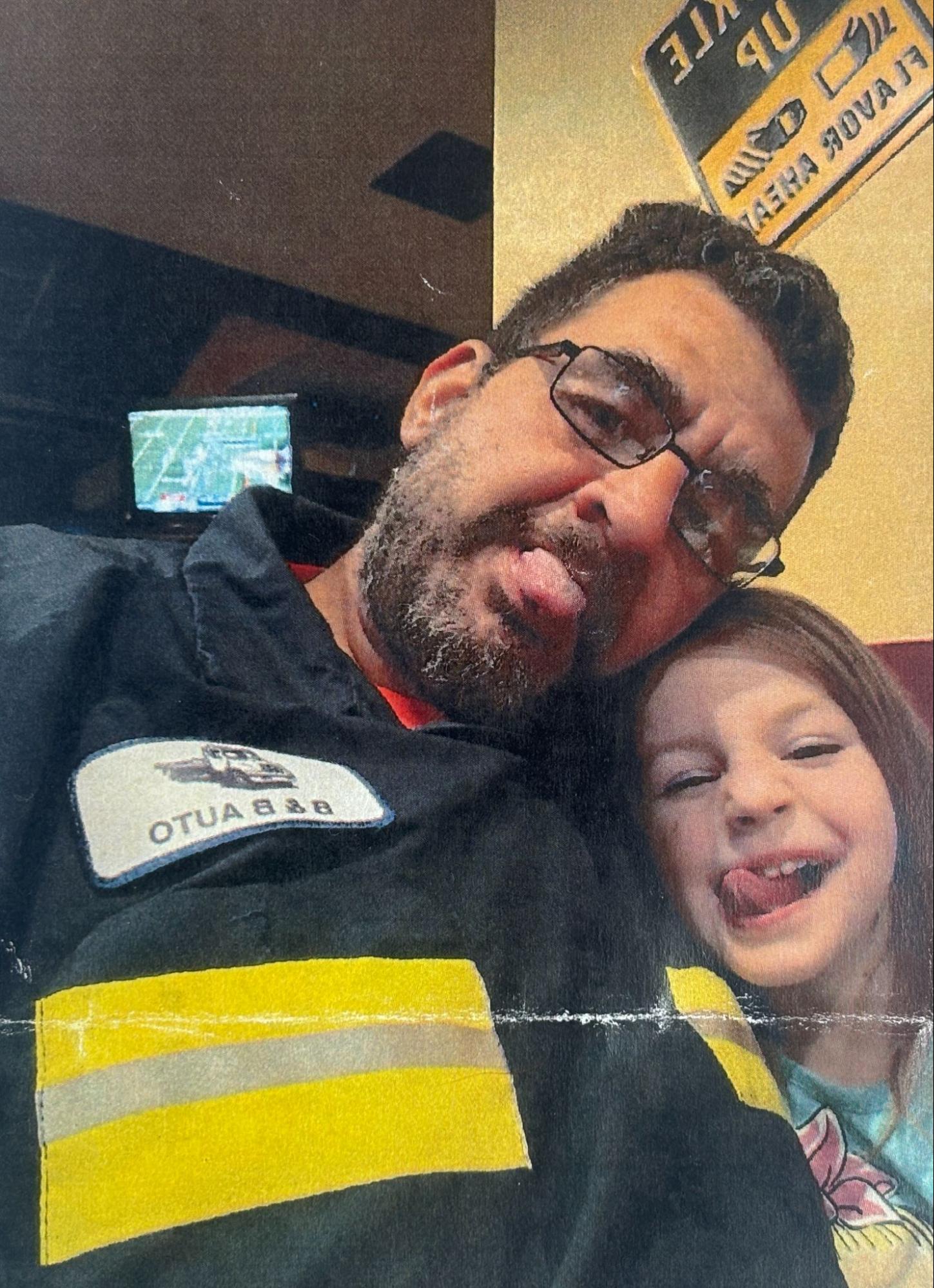
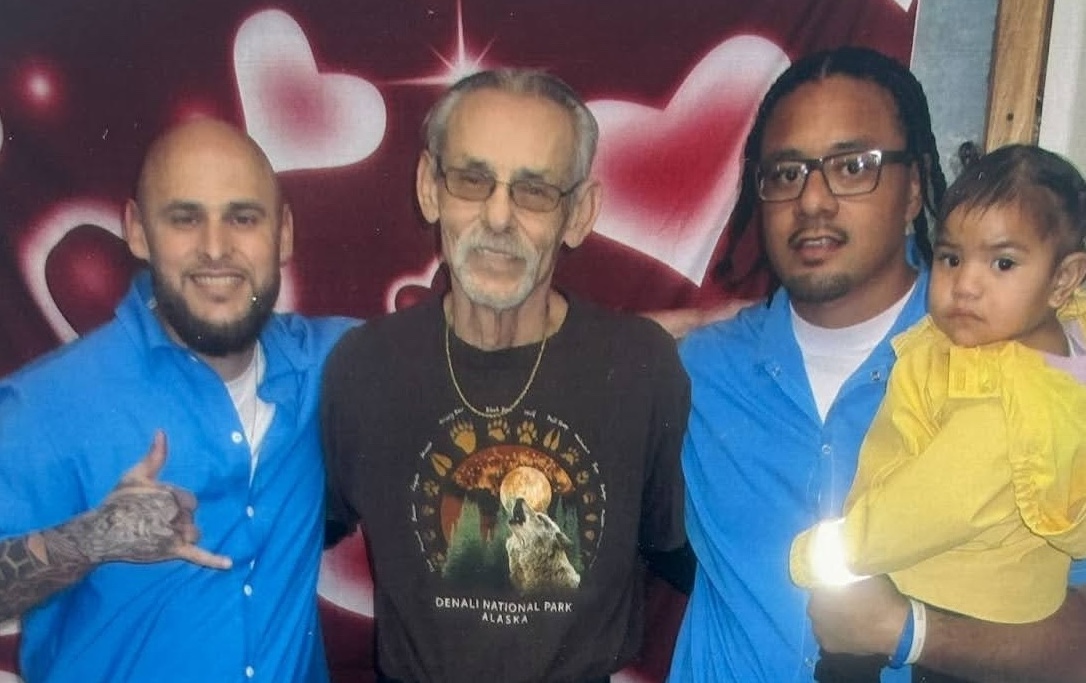
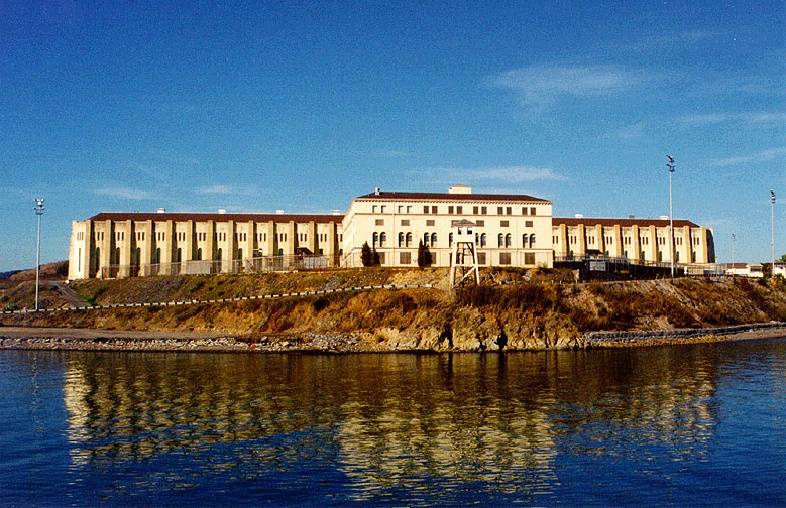


Greetings from a sister,
How beautifully you have portraid the human existence through the Word of God.It touches my heart. Even here outside you sometimes find yourself alone, as if you were outside, and others were inside.As I listen to your testimony, it truly feels that Jesus is there with you, and you can be assured that He will be with you always, even to the end of the world. So, my friend, keep looking in, into your heart where Jesus reigns.Thus, you are not slone and His light will shine to others, as it did for me, listening to you.May the Good Lord keep you always.Your sister in the faith, Silja